
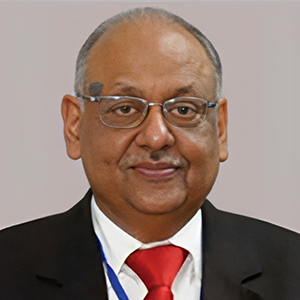
Former Secretary
Ministry of Corporate Affairs & former Member, Competition Commission of India, Govt. of India; Founder, Shaping Tomorrow Consultants LLP
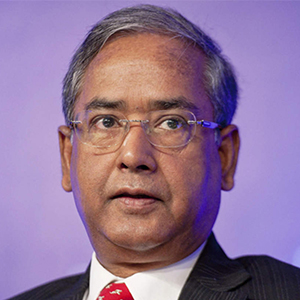
Former Chairman
Securities & Exchange Board of India, Board member on multiple boards
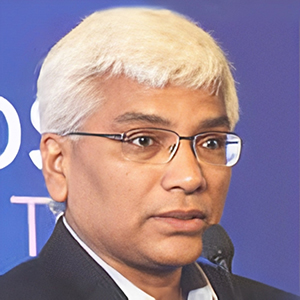
Joint Secretary
Ministry of Corporate Affairs, Govt. of India & Board Member, SEBI
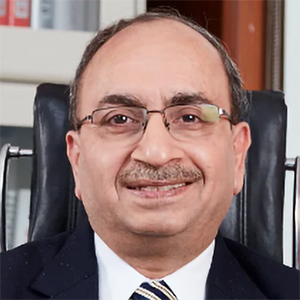
Chairman
State Bank of India
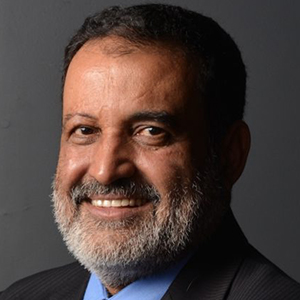
Chairman
Aarin Capital, Manipal Global Education, India
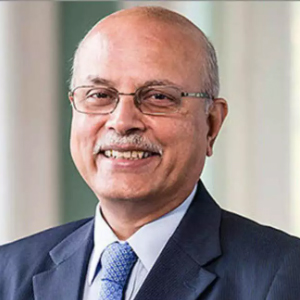
Chairman - Western Region
Institute of Directors, India, Board Chairman - Blue Star Ltd., L&T Finance Holdings Ltd., Future Lifestyle Fashions Ltd. and NSDL e-Governance Infrastructure Ltd.; Independent Director on multiple Boards
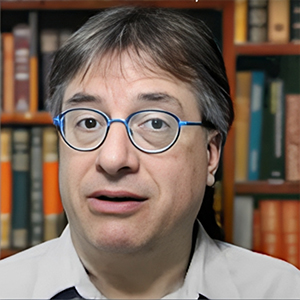
International Keynote Speaker Futurist, Author & Entrepreneur; Director & Co-Founder, Canadian Institute of Mass Communication, Canada

German Professional Futurist & Futurologist International Renowned, Futures Studies Expert, Germany
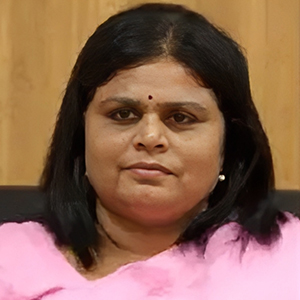
Principal Secretary - Handlooms, Handicrafts, Textiles & Khadi Department, Govt. of Tamil Nadu
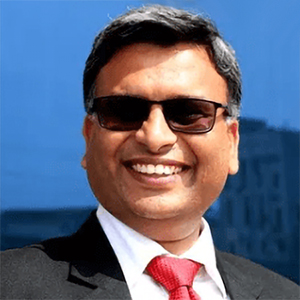
Chairman & MD
Tamil Nadu Industrial, Development Corporation Ltd.

MD & CEO
Guidance

Chairman & MD
Tamil Nadu Cements Corporation Limited
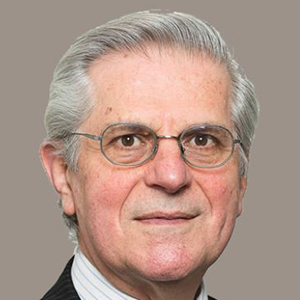
Director-General - UK and Europe Operations,
Institute of Directors, India, President, Institute of Management Services, UK
The Institute of Directors, India is organising the Virtual Global Session on "Strategic Foresight for Board's: Shaping the Future", on Wednesday, July 7, 2021 at 1500 - 1845 hrs (IST).
Strategic foresighting tools are useful when uncertainty is high and prediction is impossible. As businesses prepare for a post COVID-19 world, incorporating strategic foresighting methods into their innovation and strategic planning cycles can help identify emerging opportunities and threats.
When the future is uncertain, how can organizations design and innovate boldly but responsibly? Futures thinking is an approach to strategic design that considers what is likely to change and what is likely to stay the same in the future, as a means to be more reflective in strategic planning. Considered by some to be more of an art, and by others to be a science, futures thinking gives us a framework to talk about our current world, and how the world may look in the future.
In this webinar, you’ll learn that futures thinking is not an effort to predict the future, but rather a means to illuminate unexpected implications of present-day issues that empower individuals and organizations to actively design desirable futures. The emphasis isn’t on what will happen, but on what could happen, given various observed drivers.
It’s a way of gaining new perspectives and context for present-day decisions, as well as for navigating the dilemma at the heart of all strategic thinking: the future can’t be predicted, yet we have to make choices based on what is to come.